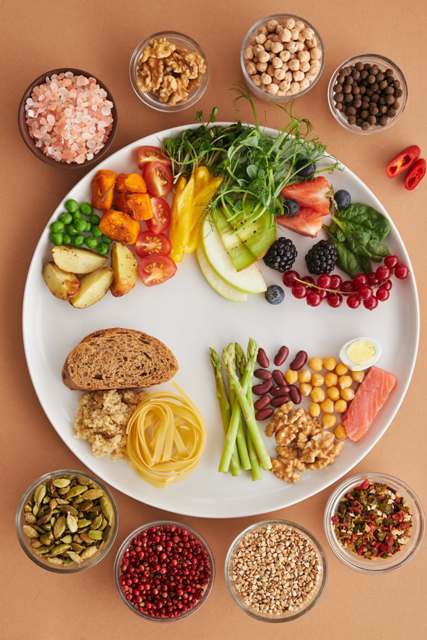14, Nov 2023
Choose Food That Support Your Immune System During Winter

Food plays a crucial role in maintaining good health and well-being. The relationship between food and health is complex, as different foods provide various nutrients that our bodies need to function properly.
Winter foods can vary depending on cultural and regional preferences. These suggestions cover a range of options, so you can choose based on your personal taste and dietary preferences.
During winter, it’s important to choose foods that support your immune system, provide warmth, and offer essential nutrients. Here are some healthy food options for the winter season:
Winter Vegetables:
Incorporate hearty greens like kale, Swiss chard, and spinach into your meals. They can be added to soups, stir-fries, or enjoyed as a side dish.
Root vegetables like sweet potatoes, carrots, and beets.
Cruciferous vegetables such as broccoli, Brussels sprouts, and cauliflower.
Winter squash varieties like butternut and acorn squash.
Citrus Fruits:
Oranges, grapefruits, lemons, and tangerines are rich in vitamin C, which can help boost your immune system.
Berries:
While fresh berries may be less available in winter, you can opt for frozen berries, which retain their nutritional value. Berries are rich in antioxidants.
Dark Leafy Greens:
Spinach, kale, and Swiss chard are excellent sources of vitamins and minerals, including iron and calcium.
Nuts and Seeds:
Almonds, walnuts, chia seeds, and flaxseeds provide healthy fats, protein, and essential nutrients.
Whole Grains:
Quinoa, brown rice, oats, and barley offer complex carbohydrates and fiber, providing sustained energy.
Legumes:
Beans, lentils, and chickpeas are good sources of protein, fiber, and various vitamins and minerals.
Fatty Fish:
Salmon, mackerel, and sardines are rich in omega-3 fatty acids, which have anti-inflammatory properties.
Hot Soups and Stews:
Prepare soups and stews with a variety of vegetables, lean proteins, and whole grains. These can be both nourishing and comforting.
Herbal Teas:
Opt for warming herbal teas like chamomile, ginger, or peppermint, which can be soothing and help with digestion.
Spices:
Incorporate spices like cinnamon, ginger, turmeric, and garlic into your meals. These spices not only add flavor but also offer various health benefits.
Probiotic Foods:
Yogurt, kefir, and fermented foods like sauerkraut and kimchi can support gut health and boost your immune system.
Remember to stay hydrated by drinking an adequate amount of water throughout the day, even though it might be less tempting in the colder weather. Listen to your body and choose a variety of foods to ensure you’re getting a range of nutrients. Additionally, consider consulting with a healthcare professional or a nutritionist to ensure your winter diet meets your specific needs and health goals.
- 0
- By Rabindra







